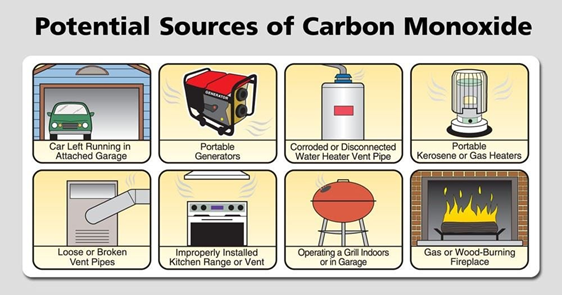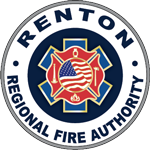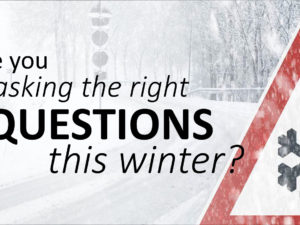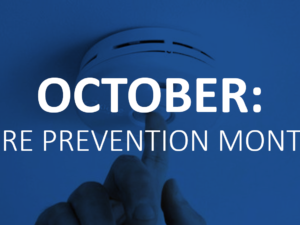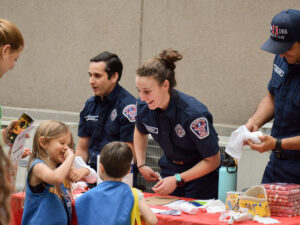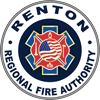Put a Freeze on Winter Fires
During the winter months, heating equipment is a leading cause of home fires.
As the temperatures continue to drop in our region, more and more people will be relying on their homes heat source(s) to keep warm and comfortable this winter season. Whether that means a gas furnace, space heater, fireplace, or a combination, we want to provide you with some safety tips.
- Keep anything that can burn at least three feet away from heating equipment, like the furnace, fireplace, wood stove, or portable space heater.
- Have a three-foot “kid-free zone” around open fires and space heaters.
- Never use your oven to heat your home.
- Have a qualified professional install stationary space heating equipment, water heaters or central heating equipment according to the local codes and manufacturer’s instructions.
- Have heating equipment and chimneys cleaned and inspected every year by a qualified professional.
- Remember to turn portable heaters off when leaving the room or going to bed.
- Always use the right kind of fuel, specified by the manufacturer, for fuel burning space heaters.
- Make sure the fireplace has a sturdy screen to stop sparks from flying into the room. Ashes should be cool before putting them in a metal container. Keep the container a safe distance away from your home.
- Test smoke alarms at least once a month.
- Never use barbeque grills, especially ones that produce carbon monoxide, to heat your home.
Source: National Fire Protection Association
What to do when the power goes out:
In the Pacific Northwest, winter storms are unpredictable and these storms can result in power outages. Burning gas, wood or charcoal inside your home can increase your risk of carbon monoxide poisoning. Carbon Monoxide is an invisible, odorless gas that can cause severe illness or death. Here are a few safety tips to help prepare for when the power goes out:
- Only use a generator outdoors and far from open windows and vents
- Never use a generator indoors, in garages, or carports
- Never cook inside on a charcoal or gas grill
- Make sure carbon monoxide alarms are installed on every level of your home and outside every sleeping area.
- Know how to manually override your electric garage door or gateway.
- If you live in a secured building, know which exit doors to use during an outage
Keep an emergency kit ready that includes:
- First-aid kit
- Flashlight with extra batteries
- Manual Can Opener
- Portable charger for your phone
- Prescription medications
Stock up on:
- Non-perishable foods
- Drinking water (one gallon per person per day)
Happy New Year!
